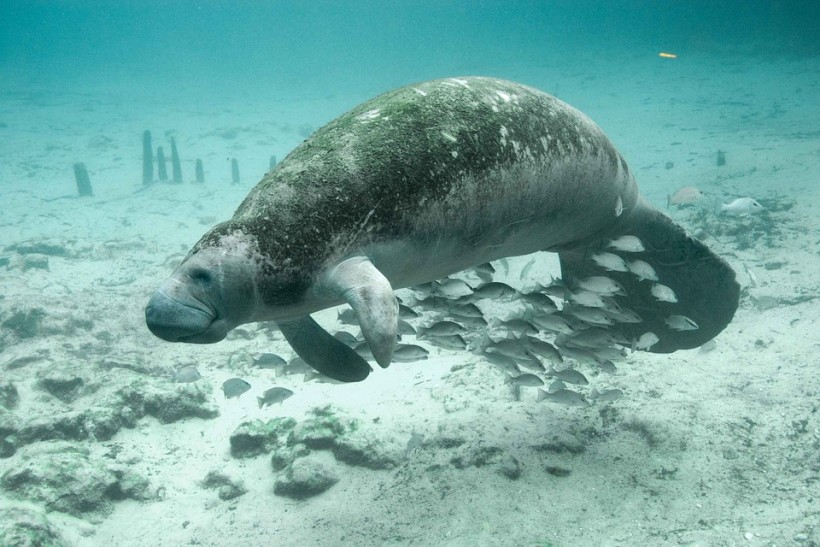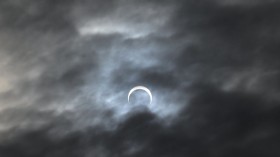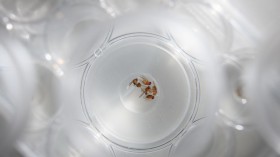Manatees on the verge of starvation are easy to notice. Their ribs are visible through their skin. They come to the surface to breathe more deeply than usual. Those most need to look to be off-balance, leaning to one side.
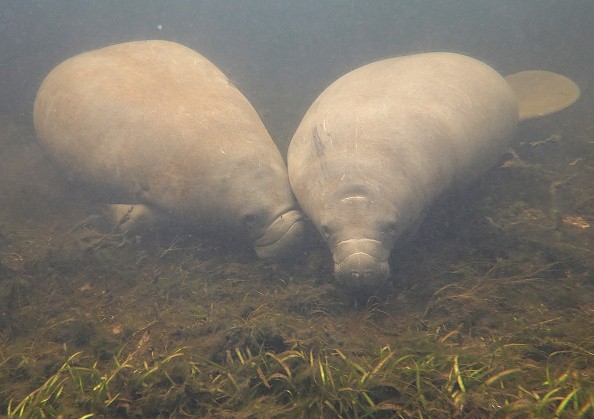
As manatee deaths rise and Florida rescue centers fill with malnourished animals in need of medical help, federal and state wildlife officials are taking an unprecedented step to save the species: they will feed hundreds of manatees at a critical location on the state's east coast to get them through the winter.
"The repercussions are too terrible not to at least attempt this," said Patrick Rose, executive director of the Save the Manatee Club, a nonprofit organization that advocates for the aquatic creature.
Feeding Wild Animals
Scientists have discovered that feeding wild animals can sometimes cause more harm than benefit, so the decision is difficult. However, Florida's manatees, already on the verge of extinction, have had massive population declines in the last year. In 2021, more than 1,000 people died in the state, which is a new high. (According to state wildlife authorities, roughly 8,800 of the creatures remained in Florida waters in 2016.)
The increasing mortality has been connected by a joint task force of state and federal authorities to the loss of seagrass in the Indian River Lagoon. In this 156-mile estuary, manatees, also known as sea cows, seek warm water during the winter months.
Related Article: Florida Manatee Population Continues to Drop as Food Sources Dried Up
Algae Blooms
Algae blooms, fed mainly through human waste and fertilizer runoff from lawns and farms, wiped out the seagrass, a crisis that had been brewing for decades.
More trash spilled into the estuary as more people came to the area and wastewater infrastructure deteriorated, according to Duane De Freese, a marine biologist and executive director of the Indian River Lagoon National Estuary Program.
Dr. De Freese explained, "The manatee condition is a symptom. It looks that we reached a tipping point in 2011."
Running Out of Seagrass
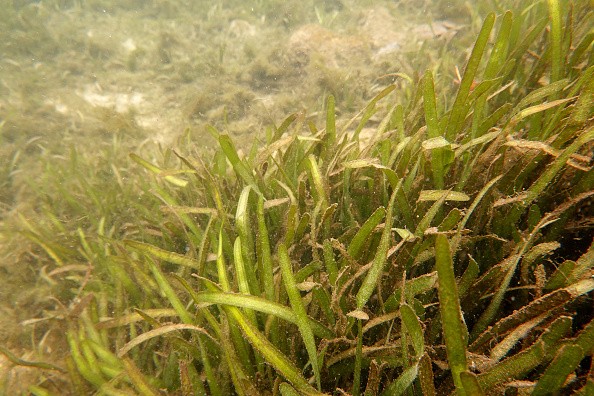
Seagrass has died off year after year since then, he claimed and is currently down by roughly 90%. The situation is projected to intensify as climate change brings more violent storms and sea-level rise to the region.
Dangerous Attempt
Mr. Rose, an aquatic researcher who lobbied for manatee feeding, said it would be experimental and restricted. While specifics are scheduled to be released on Wednesday, he said the program would most likely include food like cabbage and lettuce, comparable to what manatees are fed when brought into captivity for rehabilitation.
Mr. Rose stated, "We hope they will take it." "There's no such thing as a promise."
The attempt is fraught with dangers. Boat hits also kill manatees; therefore, acclimating them to vessels or people might be fatal. The feeding scheme is planned to incorporate mechanisms to avoid such accidents and clean up any uneaten food not to fuel further algae development.
Environmental Balance
Wildlife feeding, while well-intentioned, has been shown to alter migration patterns, transmit illness, and have a slew of other unexpected repercussions in other species. Benefits that are obtained in the short term may be lost over time.
According to Terry Messmer, a professor at Utah State University who helped lead the research, a study on mule deer commissioned by Utah wildlife officials after the animals suffered during an extreme winter found increased survival and better reproduction in a group of deer that received food after two years, but no difference after five years. Food-fed deer stayed longer in their winter range and were involved in a startling number of automobile incidents.
On the other hand, humans are already profoundly changing the environments on which animals rely. According to Dr. Messmer, the crucial thing is to be cautious and address the underlying issue.
He added of the manatees, "This is a learning opportunity." "It's terrible that our country and the globe are experiencing too many of these instructional moments."
Also Read: Freshwater in Danger: Marine Giants Face Extinction Risks
For the most recent updates from the animal kingdom, don't forget to follow Nature World News!
© 2024 NatureWorldNews.com All rights reserved. Do not reproduce without permission.
